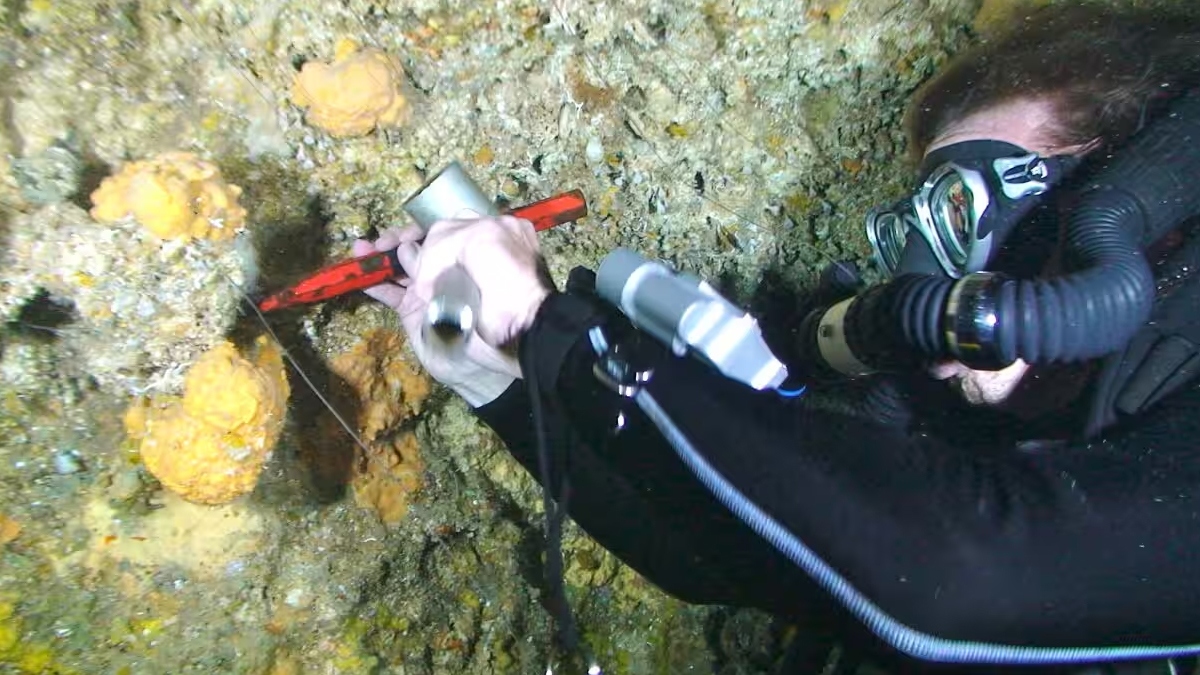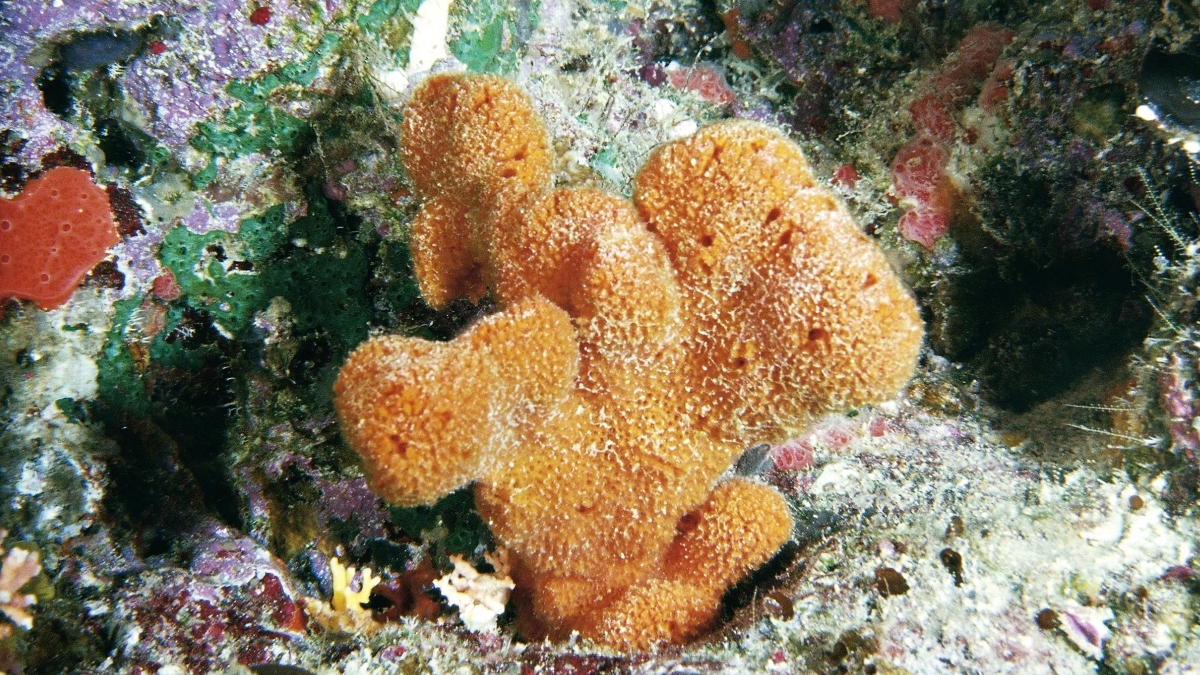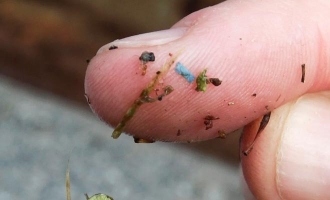Caribbean Sea Sponges Challenge Climate Estimates: Earth's Hidden Warming Uncovered


Send us your feedback to audioarticles@vaarta.com



An ancient species of sponge, which grows a hard skeleton some 30 to 90 meters below the Caribbean Sea's surface, has silently chronicled changes in ocean temperature for centuries.
However, some scientists challenge the claim, which was published in Nature Climate Change. Such assertions are challenged by some scientists, but the lead author, Professor Malcolm McCulloch of the University of Western Australia, says time to act on lowering CO2 emissions is running out because of the robustness of the study.
The scientists have recovered six specimens of Ceratoporella nicholsoni using deep-sea divers, sponges that take centuries to grow. Keeping strontium and calcium, these sponges give a unique record of water temperature changes. The study, reconstructing global ocean temperatures over 300 years, suggests accelerated global warming.
Since the sponges were not reactive to natural temperature changes, they offered information that was similar to the present temperature readings and consequently led scientists into a historical drop in temperature because of the eruption of a volcano in Indonesia in 1815, therefore proving them as effective temperature proxies.

While the study questions the understanding of the pre-industrial period maintained so far and points fingers at the IPPC's baselines, climate scientists, including Prof. Michael Mann, urge caution. The scientific community has reiterated that the findings of the study don't affirm a breach of the 1.5°C limit of the Paris Agreement. The urgency remains to curtail fossil fuel use to mitigate the potentially severe consequences of global warming.
Follow us on Google News and stay updated with the latest!
Comments
- logoutLogout

-

Aarna Janani
Contact at support@indiaglitz.com




 Follow
Follow










-a3e.jpg)
-3c4.jpg)
-e5c.jpg)
-e66.jpg)
-71b.jpg)
-5d5.jpg)
-adc.jpg)
-798.jpg)

-7c2.jpg)





































